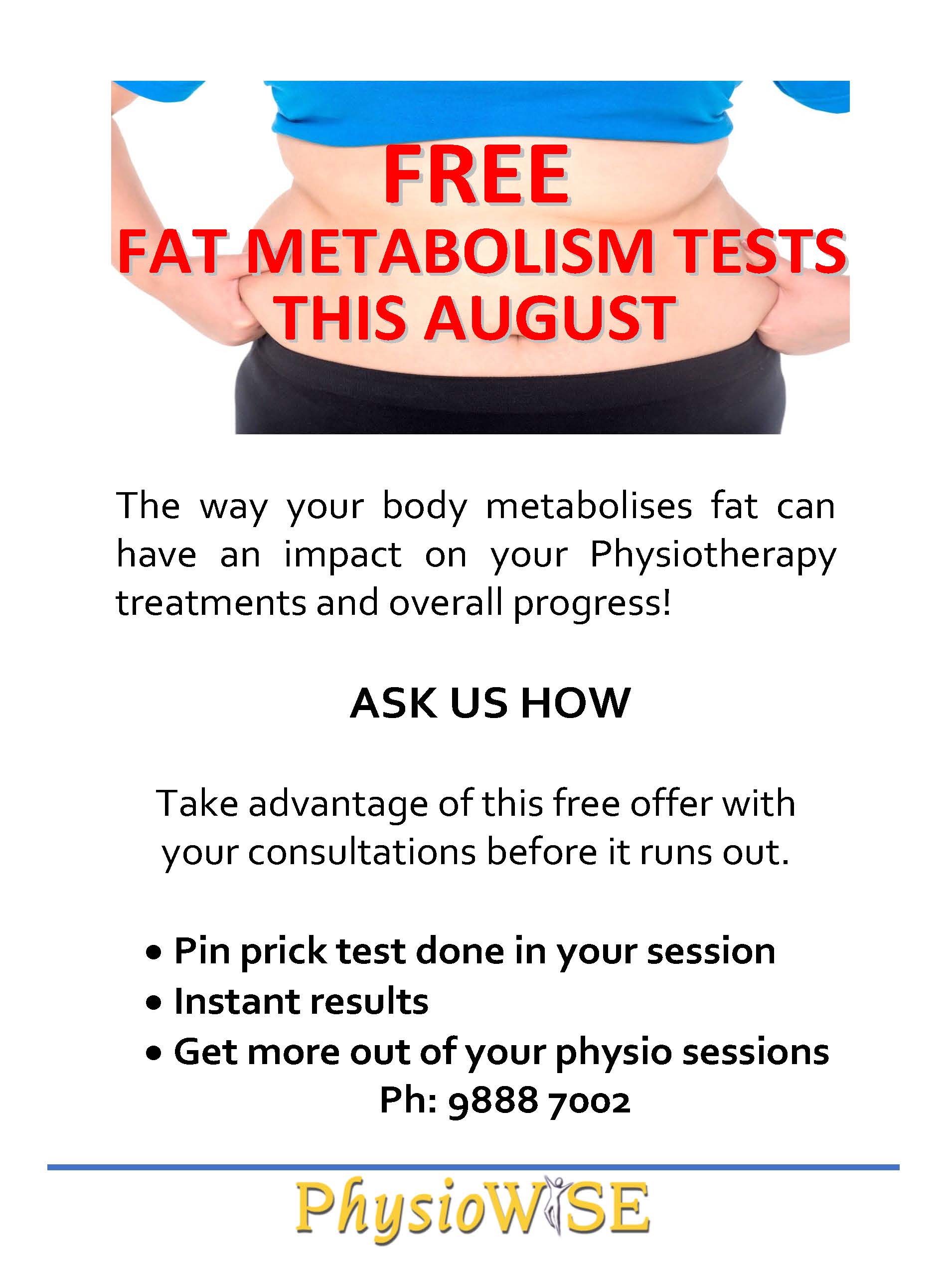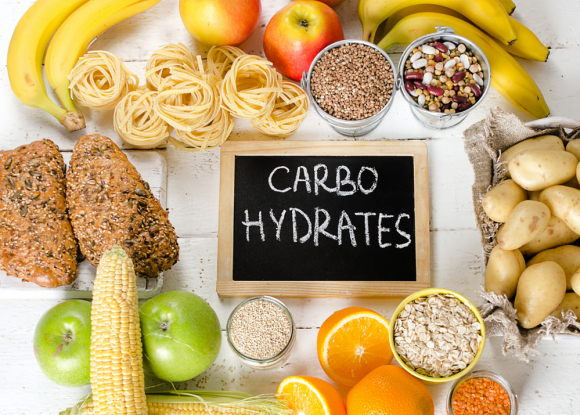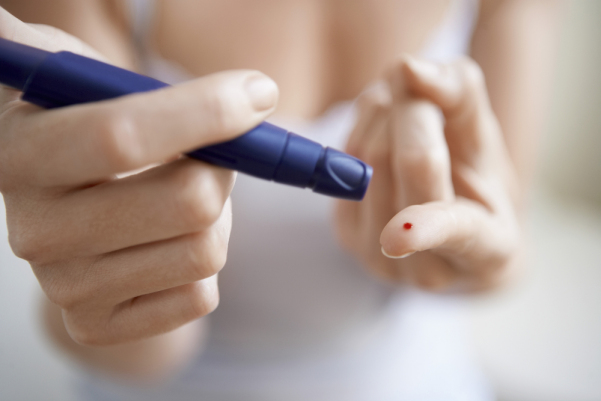Fat Metabolism Testing now available at PhysioWISE.

1. What does your fat reading mean?
2. Why PhysioWISE is interested in Fat Metabolism
3. Why the hype on LOW CARB?
4. What are ketones?
What does your fat reading mean?
When we refer to losing weight, we are typically aiming to lose the excess fat in our body. In other words, we are aiming to burn our stored fat as opposed to burning glucose in the body. You are considered to be in “ketosis” when your body has enough ketones circulating for you to use as energy instead of glucose.

©sidelnikov – Can Stock Photo Inc.
It is usually helpful to measure ketones when you first begin a diet or start a weight loss programme. Different people require different levels of carbohydrates and proteins in order to move into nutritional ketosis. A baseline measurement gives you a reading to compare with changes over time. It allows you to check if you are on the right track or whether you need to tweak your programme. Tracking your ketosis levels may assist in troubleshooting your diet, for example if your weight loss starts to stall.
There is currently some controversy in the research depending on which expert you follow. If you are a Type 1 diabetic, then you need to be under medical management as these diets may not be applicable to you.
Optimal ketone levels will differ depending on your goals; are you looking to lose weight, improve mental clarity, improve musculoskeletal performance, or to manage or prevent an illness? The numbers can also vary depending on your body’s current insulin resistance. Whatever the case, it is important not to stress too much about it, the PhysioWISE team are here to help you figure it out and we will refer you to the right people when you need it.
Keep in mind that loading up dietary fat at the expense of getting adequate proteins, vitamins and minerals may be counter-productive for some individuals in the long term. The key is not to obsess about and chase ketones but rather look for the results that relate to your goals.
| Personal Goal | Ketone reading goal from blood test |
|---|---|
| Weight loss | above 0.5mmol/L |
| Athletic and musculoskeletal performance | above 0.5mmol/L |
| Mental performance | 1.5 - 3.0 mmol/L |
| Medical issues | 3.0 - 6.0 mmol/L |
Why PhysioWISE is interested in Fat Metabolism
For some of our clients resolving their injury, pain or discomfort is part of a bigger picture of health; they are looking to be more active, to lose weight, maintain fitness or change their life for the better.

©coolfonk/Shotshop.com
A snapshot of where your fat metabolism is right now gives you a baseline for how your body is performing and allows you to make decisions with regards to your health and function in the future. If you are trying to lose weight (typically fat), is this being reflected in your fat metabolism?
For many years now our PhysioWISE staff have undergone additional training to understand the organs better and how they impact on various musculoskeletal functions. This is just part of the overall picture of your health that we can assist you with.
For example, it makes sense to us that if a you have a problem of the lower limb and have excess weight, the rehabilitation could be easier and potentially faster if your weight were also addressed – if this is also a goal for you. Simple blood sugar and fat metabolisms tests gives us an idea of where you are at right now and assists when referrals to other experts might be needed.
Why the hype on LOW CARB?
The chemical pathways in our bodies that are used to process energy sources are VERY different to each other and so the CALORIE SOURCE is vital as it determines how and where the work is done in our bodies.
When you eat something high in carbohydrates, your body will convert it to glucose. Your body is required to produce insulin to absorb the glucose or to store it.
Ie. The more carbohydrate rich the food, the larger the spike in blood sugar (blood glucose) and the larger the requirement for insulin to regulate this. Now typically, a healthy body is able to easily regulate this and return to “normal” or homeostasis after each meal.

©bit245//Shotshop.com
BUT, a lower carbohydrate diet will essentially reduce the load for your body to produce insulin as there is simply less glucose to manage.
Keep in mind that low GI foods are still carbohydrates; your body will still need to covert this to glucose and manage it with insulin. The main difference here is that the glucose is released slowly over time and so there is not a huge surge in requirement for insulin to regulate this.
| Normal Range | Pre-Diabetic | Diabetic | |
|---|---|---|---|
| Fasting Blood Glucose (ie, 2 hours before meals) | 3.0 - 5.5 mmol/L | 5.6 - 6.9 mmol/L | more than 7.0 mmol/L |
| 2 hours after meals | less than 7.8 mmol/L | 7.8 - 11.1 mmol/L | more than 11.1 mmol/L |
Smaller glucose fluctuations = less insulin required to regulate glucose = less insulin related problems
Insulin related problems may occur when the body struggles to regulate the sugar, or is “spending too much time pre-occupied with regulating sugar”:
– Diabetes
– High blood pressure (Insulin tells your kidney to hang onto sodium and water)
– Mental clarity
– Metabolic syndrome
– Inflammation
| Goal | Diabetes Type I | Diabetes Type II |
|---|---|---|
| Fasting Blood Glucose | 4.8 mmol/L | 6 - 8 mmol/L |
| 2 hours after meals | less than 10 mmol/L | 6 - 10 mmol/L |
There is an inverse relationship between blood sugar and blood ketosis and this makes sense. If there is less sugar in your blood to be used as fuel, then your body will start to convert to using up the fat for energy.
BUT the low carb, high fat mode of eating is not for everyone!

©Subbotina//Shotshop.com
Different bodies and different metabolic demands mean that for some people, there might be “more work” and therefore more load on the body and resultant “inflammation” when going low carb. For instance, if your capacity to process fat or protein is in fact a bigger problem than insulin regulation, it would make more sense to prioritise the regulation of these instead of carbohydrates.
Blood sugar levels can also increase with acute infection, trauma, physical stress, anxiety, psychological stress, pain, pregnancy, travelling, change of eating routines and dehydration. Always talk to your GP or a trained health professional if you have any medical concerns.
What are ketones?
Ketones are water soluble organic molecules with very specific chemical structures. There are three main primary ketone bodies:
– Acetoacetate (AcAc) – found mostly in urine
– Beta-hydroxybutyrate (BHB) – found mostly in blood (this is technically not ketone but is commonly referred to as a ketone)
– Acetone – found mostly in your mouth

©londondeposit/Shotshop.com
Blood ketones are generally considered to provide the most accurate reading of ketone levels in the body and therefore are considered to be the best indicator of ketosis. There is a clear link between blood glucose levels and blood ketone levels. As blood glucose levels decrease, blood ketones increase.






